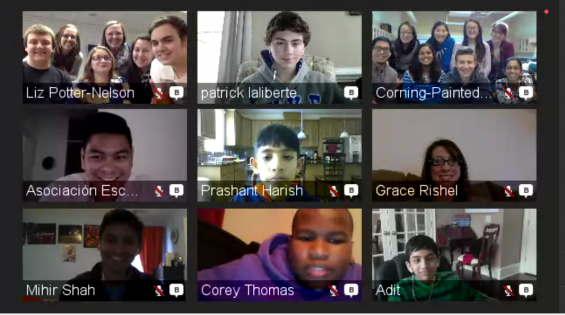
3 ways to make TED-Ed Student Talks a part of your summer
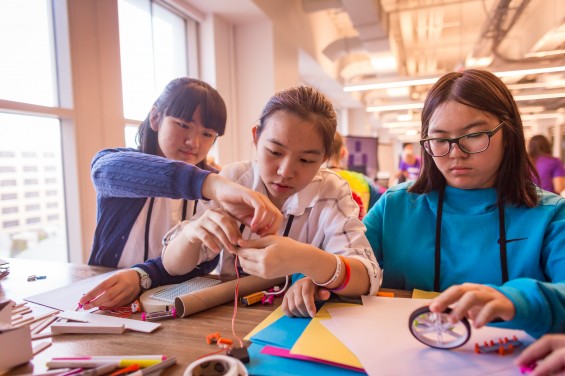
Photo: Ryan Lash
Learning and discovery does not have to stop just because there is a break from the traditional school day. As part of TED’s Student Voice initiative, TED-Ed Student Talks provides activities for students at all times of the year and is a great addition to schools and communities as part of their summer fun. Three educators from different institutions share their experience with TED-Ed Student Talks outside of the school day.

Photo courtesy Ami Hersh
Rabbi Ami Hersh – Ramah Day Camp
Rabbi Ami Hersh is the Assistant Director for Ramah Day Camp, a day camp for children from kindergarten to 8th grade. Part of the Ramah Day Camp program also functions as a residential leadership development program geared toward student staff members. Rabbi Hersh runs a TED-Ed Club for this second group of students as part of their leadership development.
What ages are a part of your summer program?
While our camp has campers and staff of all ages, our TED group focuses on some of our youngest staff members — 16, 17 and 18 year old high school students.
Why do you think a TED-Ed Club is a good fit for the summer?
Our program for our young adult staff members strives, amongst other things, to expose them to “interesting people doing interesting things.” The TED Talks are a natural virtual jumping off point for their learning and discussion. Additionally, we believe strongly in giving our staff members skills that they can take with them as they begin the process of applying to college. Along those lines, learning how to present stories in compelling ways is one of the most useful skills they can learn.
What are you most excited about getting started with your TED-Ed Club?
Many members of our senior staff have (and continue to be) inspired by the work that TED produces. Additionally, I always think of the camp setting as an amazing laboratory for new ideas and initiatives and this is very much in-line with this thinking.
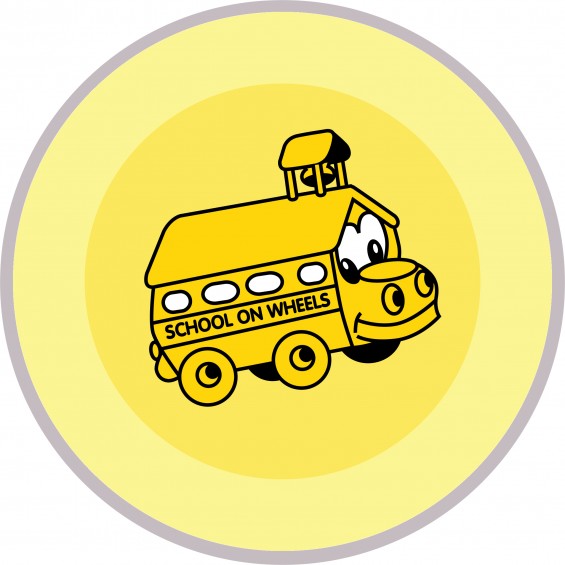
Photo courtesy School on Wheels
Ryan Locante – School on Wheels
School on Wheels is an after school program aimed at helping homeless students fill academic gaps through special projects, online and adaptive learning programs, and field trips. Facilitator Ryan Locante decided that starting a TED-Ed Club workshop over the summer would be a special experience for his students.
What ages are a part of your summer program?
We work with kids all the way up to 12th grade, but the Club includes mostly elementary and middle school students (ages 8-12).
Why do you think a TED-Ed Club is a good fit for the summer?
Our mission is to shrink academic gaps for homeless students in Southern California and I believe that taking ownership and creating a TED-style presentation will go a long way in building confidence, problem-solving and teamwork — all traits that our students will benefit from.
What are your goals as an educator by having a TED-Ed Club?
Personally, I’m looking forward to being inspired by the students. Every time we give them a little nudge and let them own a project they surprise us. This is another chance for that to happen.
What are you most excited about your TED-Ed Club?
I really think it’ll help our learning center routine. We do a good job of keeping things fresh and having this Club once a week will just be another thing for the students (and myself) to look forward to.
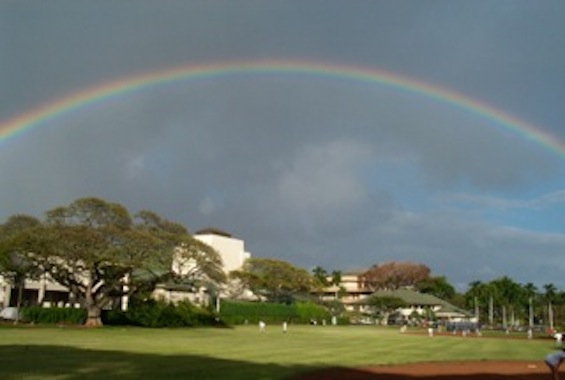
Photo courtesy Punahou School
Diane Koushki – Punahou School
Diane Koushki brings TED-Ed Clubs to a five-week program through the Punahou School in Honolulu, Hawaii. The program is open to learners from both public and private schools in the area and welcomes students from the mainland of the United States and from around the world.
What ages are a part of your summer program?
Students who will be part of this program are entering grades 6, 7, 8, so ages will range from as young as 10 years old to about 13.
Why do you think a TED-Ed Club is a good fit for the summer?
TED-Ed Club is a great fit for this summer program because it may allow students a wide audience of viewers to display their ideas and speeches related to their passions, as well as an alternative way of collaboration with peers and mentors. That being shared, however, we anticipate that one of the most unique opportunities will be seen in students taking charge of their own space and powerfully sharing their ideas.
What are your goals as an educator by having a summer TED-Ed Club?
The main goal I have as an educator working as a part of this summer TED-Ed Club experience is to help students build confidence as speakers and to also build awareness within the students of their own personal perspective in what it means to be passionate and happy. I hope that the culture that we are able to develop will allow room for creativity, collaboration, opportunity to grow in trusting themselves and others, as well as the space to succeed and even fail (gracefully) and learn from those things that do not go well the first time.
What are you most excited about your TED-Ed Club?
It is most exciting to know that, as a part of the TED-Ed Club, there is a wide variety of student involvement! I am so honored to be a part of this opportunity to see these learners become a part of this experience as learners taking charge of their own discovery in speaking, as well as their own journey in learning.
Interested in making working on students’ ideas this summer? Find out how to download our resources.»

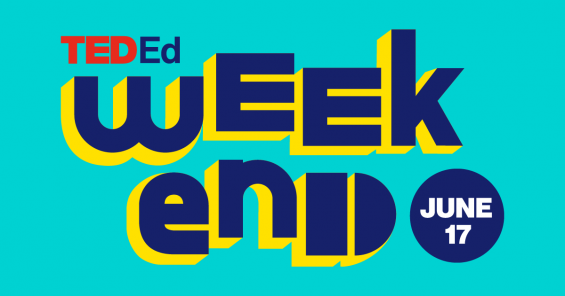
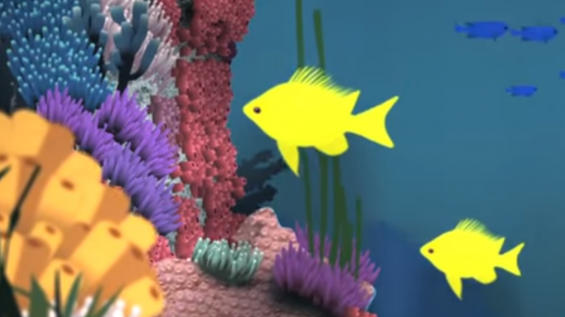
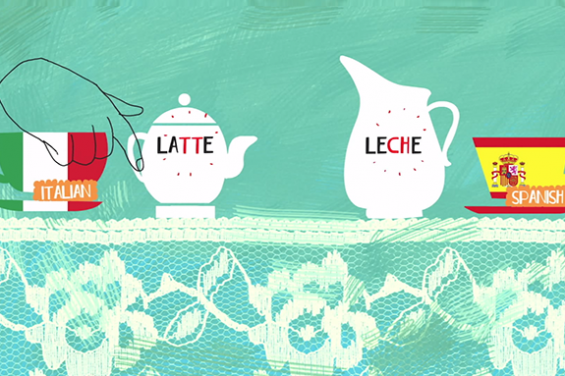
I live in jordan-Amman. How can my kids join the youth programs? My kids are 14 AND 12 years old.
Hi Hadeel,
Great question! You can let the folks at your children’s school(s) know about TED-Ed Clubs and send the application (http://ed.ted.com/clubs/applications/new) and information regarding TED-Ed Clubs (http://ed.ted.com/clubs) to an educator at the school(s).
If you have more questions, feel free to reach out to tededclubs@ted.com.
Thanks!
Caroline
I have sent in my application. And so has the adult facilitator. How do we proceed further?
Hi Uttanshi Agarwal,
Your application is likely in queue to be reviewed. We will be in touch with the educator who applied as soon as possible.
If you have any questions, please feel free to email tededclubs@ted.com.
Thanks!